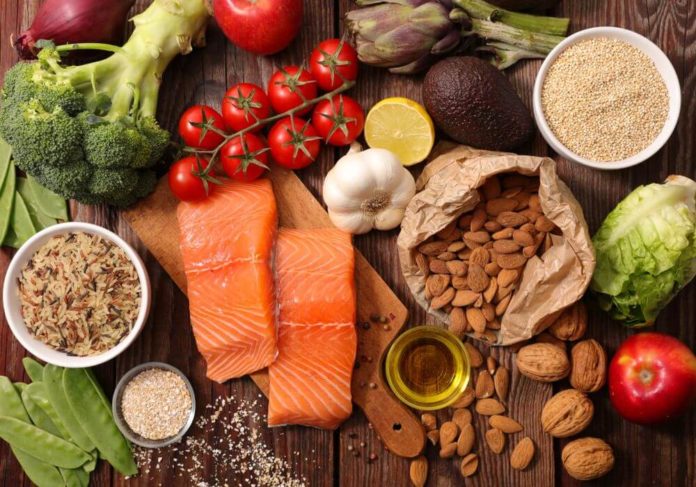According to an estimate provided by WHO, more than 300 million people affected. Depression is different from usual mood fluctuations and short-lived emotional responses to challenges in everyday life. Although there are known, effective treatments for depression.
A new study suggests that people who eat vegetables, fruit and whole grains may have lower rates of depression over time. This means proper diet lead to having fewer chances of stroke and depression. The study is conducted by the scientists from American Academy of Neurology.
People whose diets adhered more closely to the Dietary Approaches to Stop Hypertension (DASH) diet were less likely to develop depression than people who did not closely follow the diet. In addition to fruit and vegetables, the DASH diet recommends fat-free or low-fat dairy products and limits foods that are high in saturated fats and sugar.
Scientists recruited 964 participants in the study with an average age of 81. They were monitored for symptoms of depression such as being bothered by things that usually didn’t affect them and feeling hopeless about the future. Scientists later asked them to answer a questionnaire about their food intake and observed how closely the participants’ diets followed diets such as the DASH diet, Mediterranean diet, and the traditional Western diet.
Laurel Cherian, MD, of Rush University Medical Center in Chicago said, “Depression is common in older adults and more frequent in people with memory problems, vascular risk factors such as high blood pressure or high cholesterol, or people who have had a stroke.”
“Making a lifestyle change such as changing your diet is often preferred over taking medications, so we wanted to see if diet could be an effective way to reduce the risk of depression.”
Scientists categorized the participants into three groups based on their dietary intake. People in the two groups that followed the DASH diet most closely were less likely to develop depression than people in the group that did not follow the diet closely. The odds of becoming depressed over time was 11 percent lower among the top group of DASH adherers versus the lowest group.
Scientists found that the more closely people followed a Western diet, the more likely they develop depression.
Although, according to scientists, further studies are expected to confirm the results to determine the best nutritional components of the DASH diet to prevent depression later in life.
The study will be presented at the American Academy of Neurology’s 70th Annual Meeting in Los Angeles, April 21 to 27, 2018.
